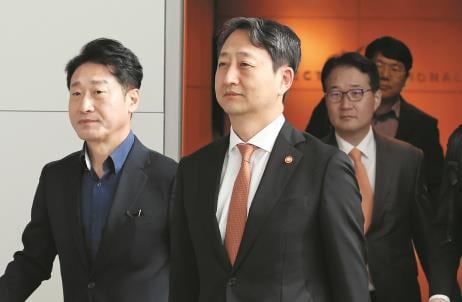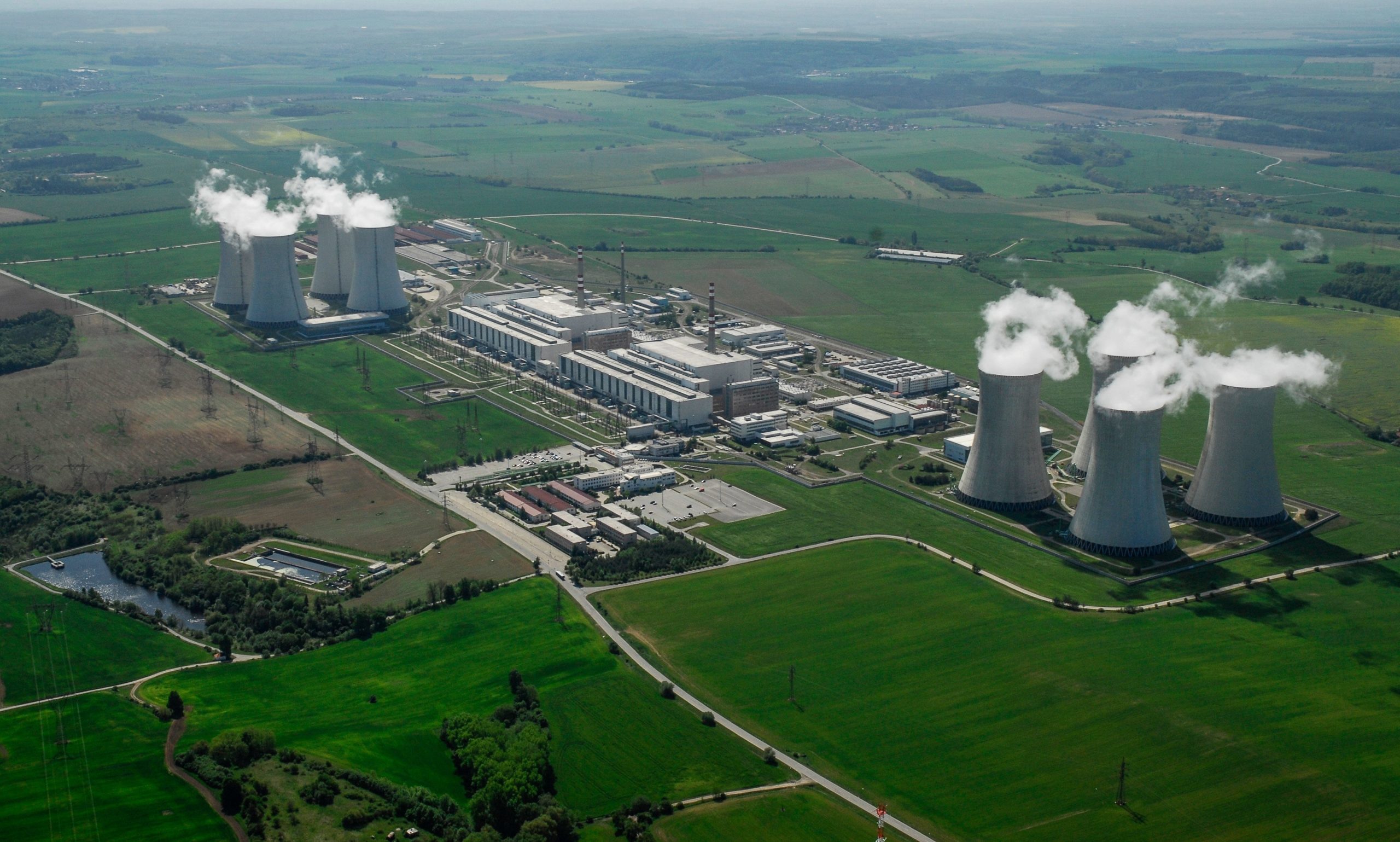A Czech court has temporarily halted a approximately $18 billion nuclear power agreement between South Korea’s government-owned entity, Korea Hydro & Nuclear Power (KHNP), and the Czech firm Elektrárna Dukovany II (EDU II). This decision came just as they were about to conclude the pact the following day.
On May 6, the Regional Court in Brno made a decision following an injunction petition submitted by the major French energy company EDF. Although the Czech government scheduled May 7 for the signing event during their April 30 cabinet meeting, the court’s verdict suggests that this ceremony will likely face postponement.
KHNP along with South Korea’s Ministry of Trade, Industry, and Energy stated that the court has instructed an immediate stop to the contract proceedings. This decision comes as a result of EDF asserting that the tender process had flaws.
The court’s decision stated that should the contract be signed, EDF would forfeit any chance of securing the bid, regardless of whether it eventually succeeds with its legal challenge concerning the selection procedure. Nevertheless, the court emphasized that the injunction does not imply EDF is guaranteed to prevail in the case.
Previously, EDF submitted a complaint to the Czech Republic’s Office for the Protection of Competition (UOHS), asserting that the selection of KHNP breached regulations concerning fair competition.
Nevertheless, UOHS rejected the complaint on April 24, citing lack of jurisdiction. In response, EDF initiated a civil lawsuit with a Czech court on May 2. The agreement will be put on hold until the court renders a verdict in this matter.
This postponement represents a disappointment for South Korea’s aspirations to expand its nuclear industry internationally, particularly as it was expected to achieve a significant milestone with this agreement—a major nuclear project in Europe marking its first such endeavor on the continent since obtaining a contract in the United Arab Emirates 16 years prior.
In response, the Czech government countered the challenge, stating that the process had been carried out correctly.
Czech Prime Minister Petr Fiala addressed the matter on social media, writing that the government respects the court’s independent judgment, but maintains confidence in the legitimacy of the process. “I am convinced the proposal evaluation was carried out fairly and in accordance with the law,” Fiala said.

He mentioned that the primary factors in selecting a supplier revolved around their capability to deliver consistent, reasonably priced electricity to both residents and enterprises, along with providing superior assurances. “I trust the court grasps the wider implications and potential hazards involved, and reaches an expedited conclusion,” he stated.
EDU II also defended its decision, stating KHNP’s proposal was superior across the board. The utility noted that if EDF’s claims are ultimately found baseless, it plans to seek damages from the French firm.
The project involves building the Dukovany 5 and 6 reactors—each capable of producing 1,000 megawatts—at the site in Dukovany, located in the south of the Czech Republic. The start of construction is planned for 2029, with Commercial Operation expected for Unit 5 in 2036 followed by Unit 6 in 2037.
The Czech government launched the tender process in Mar. 2022, aiming to meet sharply rising electricity demand. KHNP emerged as the preferred bidder in July. 2024, beating out EDF and U.S.-based Westinghouse after a three-way competition.
KHNP said the court’s injunction makes it unlikely the contract will be signed as originally planned. “The contract signing, originally set for May 7, now seems unlikely to proceed as scheduled,” the company said, adding that it is discussing the next steps with EDU II.
Meanwhile, a S. Korean special delegation, led by Trade Minister Ahn Duk-geun, arrived in the Czech Republic on May 6 to attend the signing ceremony.
The delegation had planned to meet with Czech Prime Minister Fiala and the speaker of the Senate to discuss broader economic cooperation in areas such as infrastructure and advanced industries, using the nuclear project as a bridge for deepening bilateral ties.


Leave a Reply